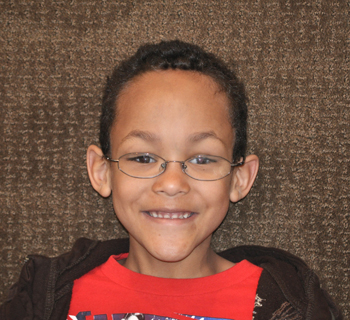
|
Pediatric Occupational, Physical, ABA/Behavioral, Feeding, Speech, and Language Therapies Main Clinic: 931-372-2567 1445 East 10th Street Cookeville, TN 38501 Email: [email protected] HIPAA Secure Email: [email protected] Fax: (931) 372-2572 ABA Clinic: 931-201-9534 400 Dubois Road Cookeville, TN 38501 Email: [email protected] Please call today to get started! Most insurances accepted! |

|
| Who needs therapy? | SE HABLA ESPAÑOL |
|
Home
>
Speech and Language Services
> RED FLAGS- Signs of Autism or Communication Problems
RED FLAGS- Signs of Autism or Communication Problems |
|
"Red Flags" for Communication Problems in Children
Melinda L. Richards, Ph.D., CCC-SLP
Assistant Professor of Communication Disorders
Middle Tennessee State University
"Red Flags" for Hearing Problems: "All children babble, including deaf babies "
“Red Flags” between 6-8 months, stop babbling!
Possibility: significant hearing impairment. This infant needs an audiological evaluation ASAP.
"Red Flags" for Speech
First year: hearing must be intact Discuss: Positive for ear infections prior to 1st birthday?
Lots of ear infections or sinus pressure issues can cause speech delays due to hearing issues.
"Red Flags" for Language - Children who don't use their words to make requests, only rely on pointing or throwing fits.
By 18 months, SHOULD be starting to combine words and use words together. Should no longer be using just one word or pointing.
"Red Flag” - Children who point and grunt to make requests.
"Red Flag" Children who use IRREGULAR past/plural before REGULAR form MAY be showing an auditory processing problem (CAPD)
"Red Flags" for Autism Spectrum Disorders (ASD): " Children with autism usually exhibit at least half of the traits listed below. These symptoms can range from mild to severe and vary in intensity from symptom to symptom. In addition, the behavior usually occurs across many different situations and is consistently inappropriate for their age.
- Insistence on sameness; resists changes in routine
- Severe language deficits (stops talking or doesn't gain speech well; especially if s/he was developing normally prior to)
- Difficulty in expressing needs; uses gestures or pointing instead of words or tantrums to get their way
- Echolalia, as opposed to repetition
- Laughing, crying, or showing distress for reasons not apparent to others
- Prefers to be alone or play alone; stressed in crowds or when other children join their personal space
- Tantrums - displays extreme distress very often
- Difficulty in mixing with other children
- Little or no eye contact
- Unresponsive to normal teaching methods
- Sustained odd play; may spin objects or self, line objects up, obsessed with same cartoons or toys
- Inappropriate attachment (obsession) to objects
- Apparent oversensitivity or under sensitivity to pain
- Noticeable physical over activity or extreme under activity
- Not responsive to verbal cues; acts as if deaf although hearing tests in normal range
- Uneven gross/fine motor skills. (May not kick a ball but can stack or line up cars or blocks.)
Site empowered by
WebOnTheFly